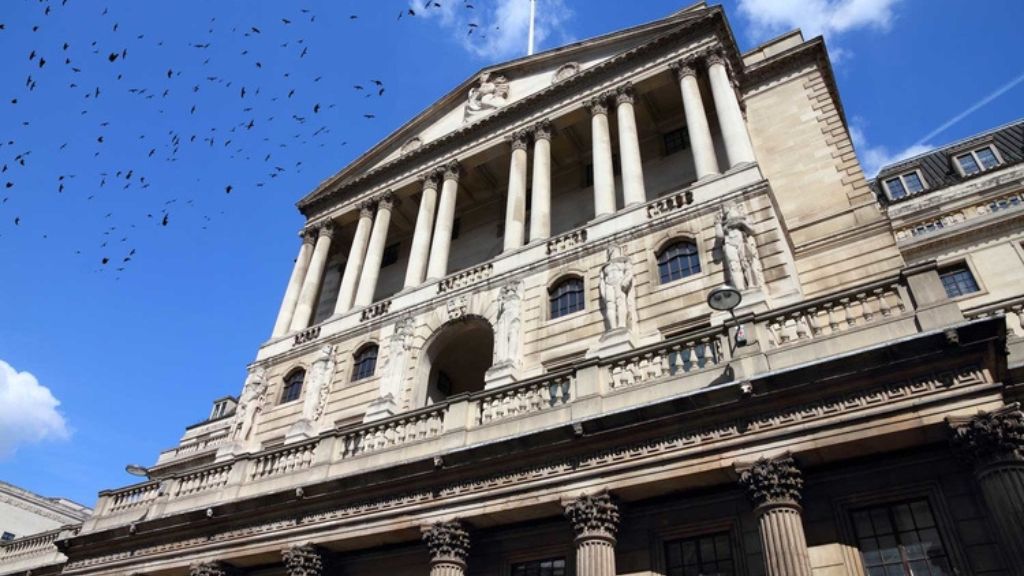UK interest rates raised to 4.5%
The Bank of England’s Monetary Policy Committee (MPC) has decided to increase the Bank Rate from 4.25% to 4.5%
- This marks the 12th consecutive interest rate hike in the UK
- This is the highest rate it has been since 2008

Why was it raised?
The Bank of England has increased its interest rates by 0.25 percentage points to 4.5%, citing a longer-than-anticipated period of high inflation and a stronger-than-expected economic performance. The bank’s monetary policy committee (MPC) voted in favour of the 12th consecutive rise in borrowing costs, part of the bank’s most aggressive rate-hiking campaign since the 1980s, to curb double-digit inflation in the UK.
Inflation in the UK is predicted to remain elevated longer than previously estimated, with the annual rate of price increases likely to stay above the Bank’s 2% target until after the next election. Despite expectations of a decline in March, inflation has remained persistently high in recent months, reaching 10.1%, the highest among the G7 countries.
Due to the rapid increase in food prices, which are growing at their fastest rate since 1977, and a robust job market, the Bank of England has revised its forecast for the year-end inflation to above 5%, up from below 4% projection in February.
What does this mean?
 Partner, Kareem Rathore, gives his opinion on this:
Partner, Kareem Rathore, gives his opinion on this:
“This morning, the BoE increased interest rates by 25 basis points following the same rate increase by the Fed just a week prior. While this move may lead to better savings rates for cash deposits, it could have adverse effects on those invested in the markets.
Stocks
Rising interest rates can have a mixed impact on stocks. On one hand, higher interest rates can signal that the economy is strong, which can be positive for stocks. On the other hand, higher interest rates can also make it more expensive for companies to borrow money, leading to lower earnings and stock prices. Sectors that are particularly sensitive to interest rate changes include financials, technology, and real estate.
Fixed mortgages
Additionally, people with fixed mortgage rates may be harmed the most as their mortgage payments may increase due to the higher interest rates. This can be particularly challenging for first-time homebuyers, who may be more sensitive to changes in interest rates.
Bondholders
Bondholders will likely see the value of their investments decline, potentially leading to lower returns as the current bond yields will compete with higher saving rates. Conversely, new bonds issued post-interest rates increase will have higher yields, making them more appealing to new investors.
Overall
Raising interest rates can have wide-reaching impacts on the economy and financial markets. Investors need to remember that if the target inflation rate is not reached this summer, banks may continue to raise rates up to 5%. Thus investors need to understand how changes in interest rates may impact their investments and adjust their strategies accordingly.”
Get in touch for more information or to speak with a qualified financial adviser.
About Author
How can we help you?
If you would like to speak to one of our advisers, please get in touch today.

